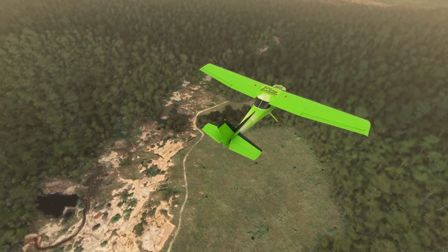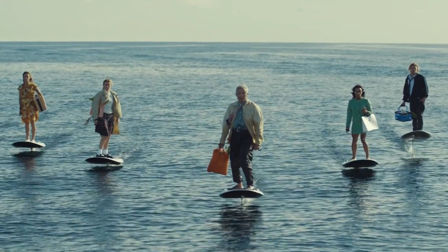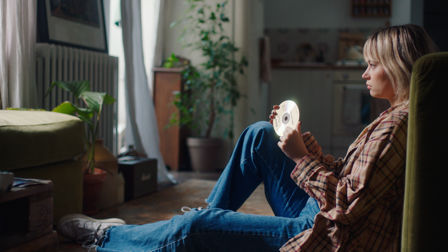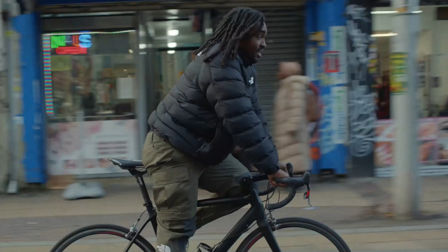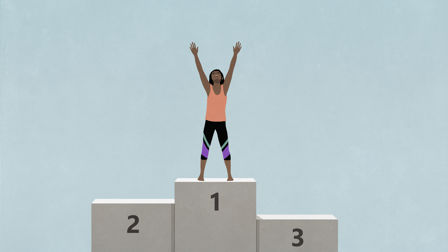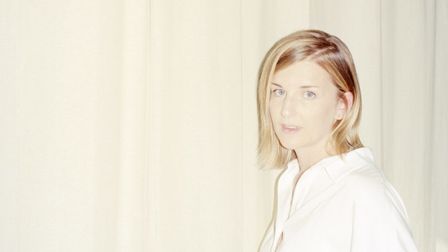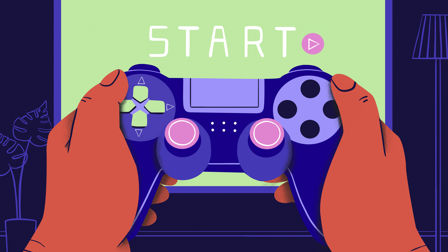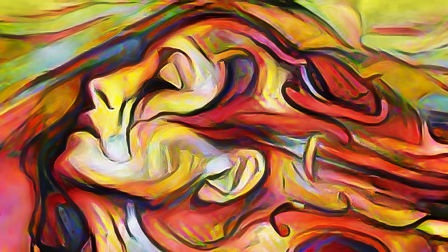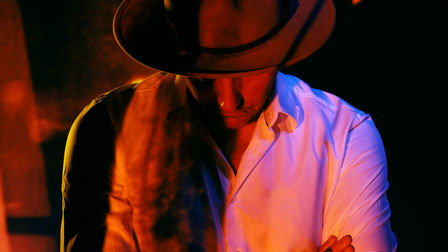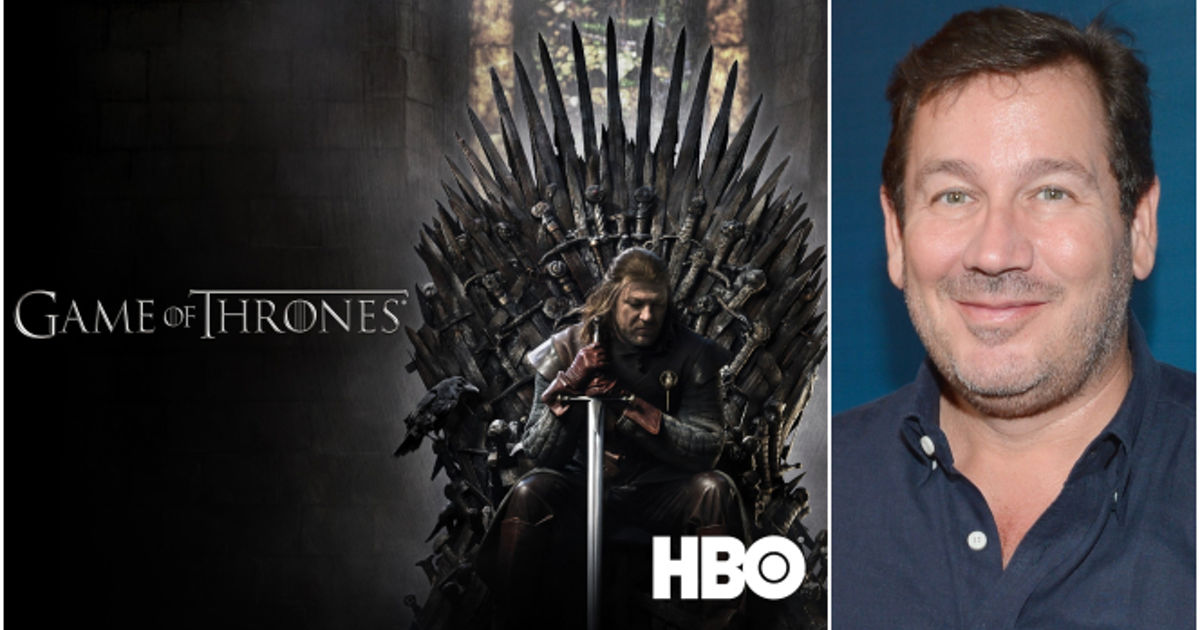Game of Thrones director talks The Red Wedding
Ahead of the final season of Game of Thrones, which starts in the UK tonight, we repost an interview with David Nutter (who directs three episodes of Season 8), who discusses the Golden Age of TV and the tensions around shooting the infamous Red Wedding.
Tonight sees the start of the UK airing of Game of Thrones' final season.
Great Guns director David Nutter has helmed a number of episodes through the series, including the much-discussed episode, The Rains of Castamere, AKA, the one with the Red Wedding.
If you've somehow not yet seen any of the series but are planning to do so and don't want to know anything about the show, it might be best to stop reading right here. There aren't any major plot spoilers in this interview, but some unsubtle references to the action that took place in Season Three.
This interview was first published on June 10 2013.
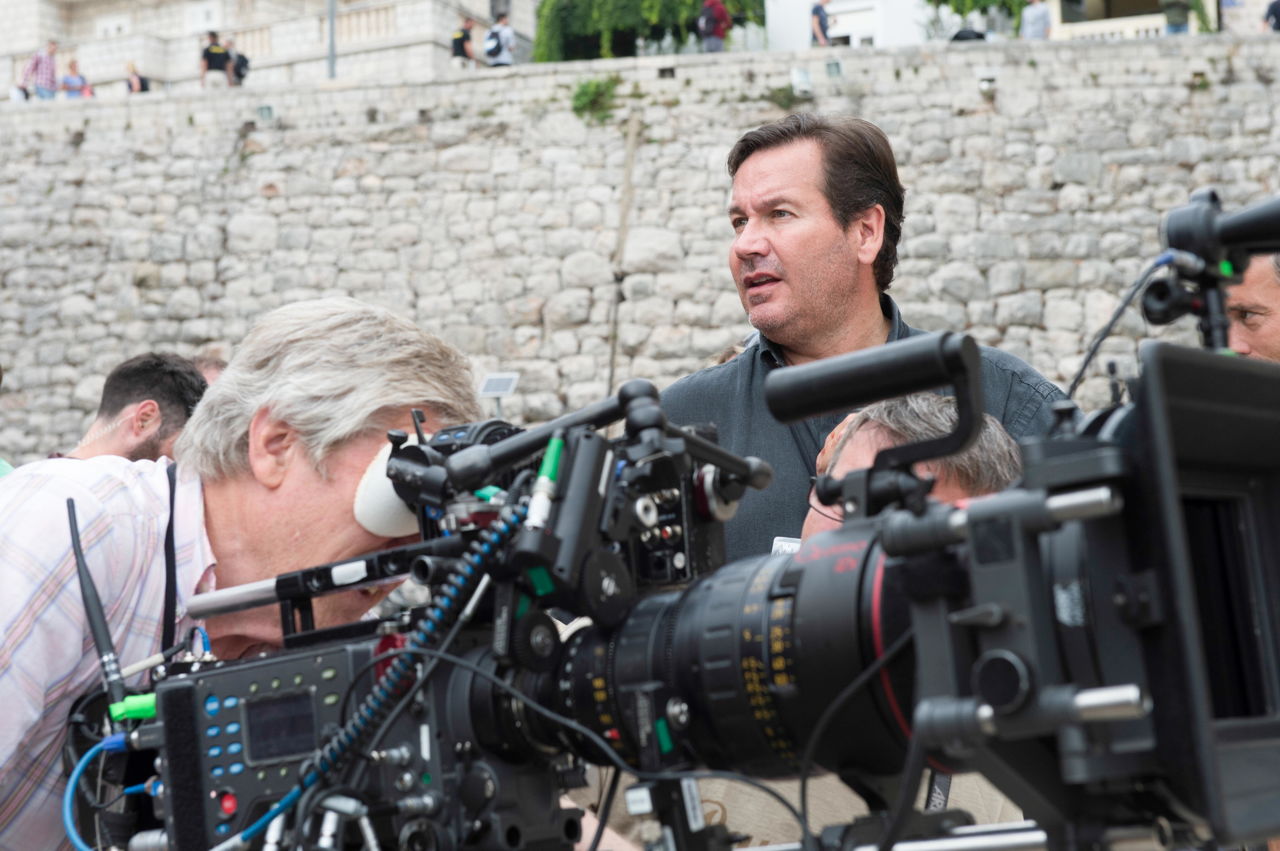
How did you first get involved with Game of Thrones and what was the first episode you directed?
I had worked extensively for HBO prior to the debut of Game of Thrones (directing an episode of The Sopranos, as well as numerous episodes of Entourage), so I'm guessing I was a "known commodity" over there. And there was some discussion about my being involved in the initial season of GoT, but my schedule didn't accommodate this until Season Two, when I had the chance to direct two episodes: The Old Gods And The New and Men Without Honor, which was a total blast for me, of course.
Were you aware of the books before you came on board the TV show?
I hadn't read the books, but I was well aware of them because my son Ben was a devotee of the books, and was psyched about the prospect of them being adapted for television.
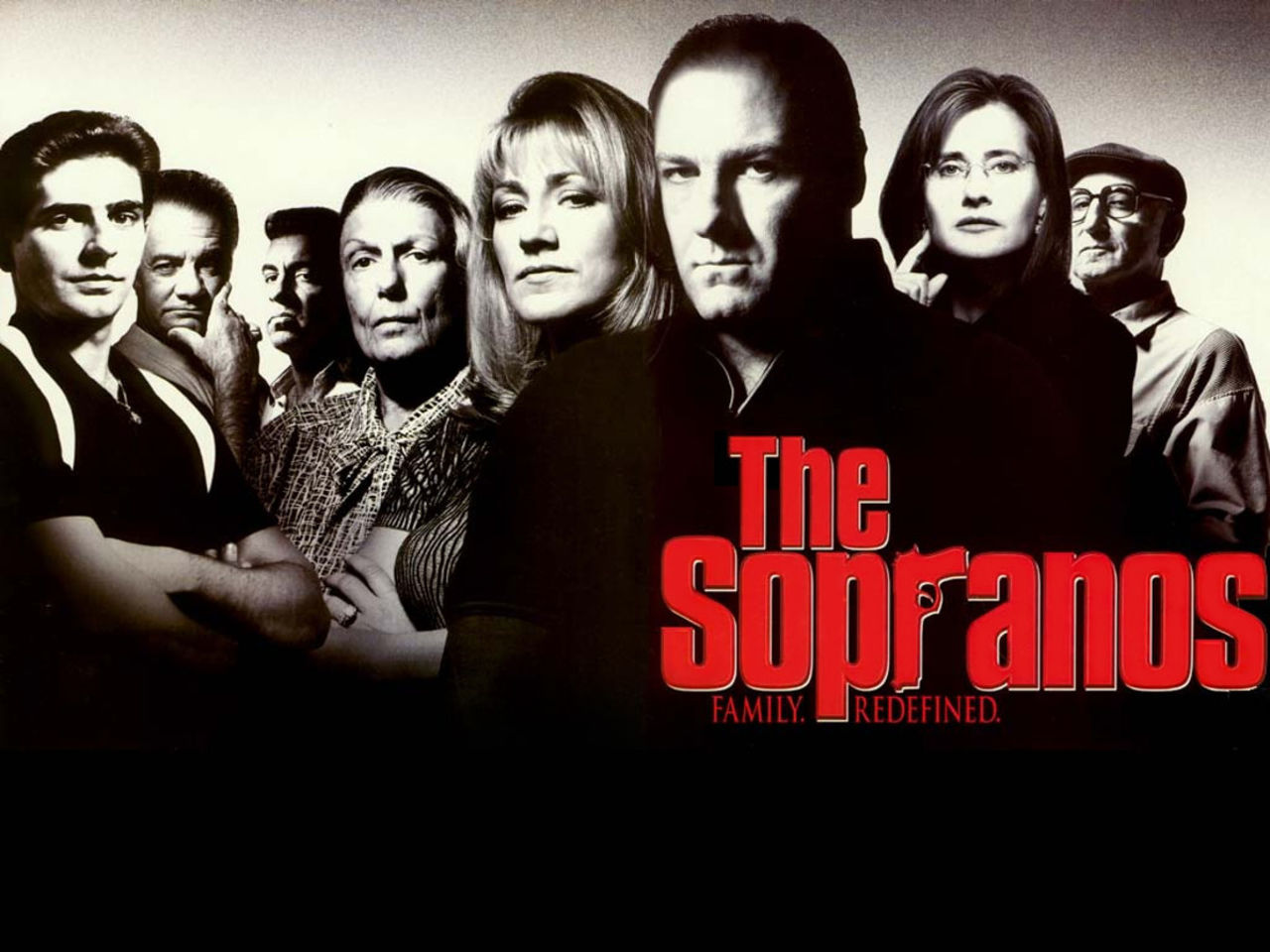
Why do you think Game of Thrones has transcended the usual fantasy audience to become such a global hit?
My own personal opinion about the appeal of GoT has to do with its extraordinarily bold melding - you might even call it a shotgun wedding - of three entirely different storytelling genres. You've got traditional medieval sword-fighting and kings-and-queens material (with the happenings at Kings Landing, and with all those wonderful fights on the battlefield), but you've also got a Technicolor-drenched storytelling tributary with Dany and her dragons that's utterly distinct from the Medieval stuff (although we know they're eventually going to face off against each other, for true domination of Westeros).
Lastly, you have all of that amazingly evocative stuff occurring "north of the wall" (and in its close proximity) that sees Samwell encountering zombie-like characters who wouldn't be out of place on The Walking Dead! What's amazing about Game of Thrones is that each element of this triptych feeds off the other and the audience's involvement consequently increasingly escalates in intensity.
I was confident that we'd shot the sequence with the utmost level of effectiveness, but it wasn't until I heard that music... that I realised the power of the growing dread of the sequence.
The recently broadcast episode nine of Season Three, The Rains of Castamere, was another example of how you never know what will happen with the characters in the series and who might survive; is it more exciting and interesting dealing with such shocking events within the series?
Yes and no. What's fascinating to me is the whole idea of approaching Game of Thrones (and anything I do, actually) with the audience's interest and proclivity in mind. On the one hand, there's a certain satisfaction that an audience gets when they see what they want to have happen actually happen. I mean, in every romantic comedy ever made, you want those two people to get together at the end, right? And they always do! That's very satisfying for an audience.
But then there's that other side of the coin, as in the climactic sequence in Rains.. where something happens that's so completely surprising that the audience is galvanised, shocked, and emotionally thrown for a loop. It's tough to say which narrative mode is the more effective, but I love doing them both.
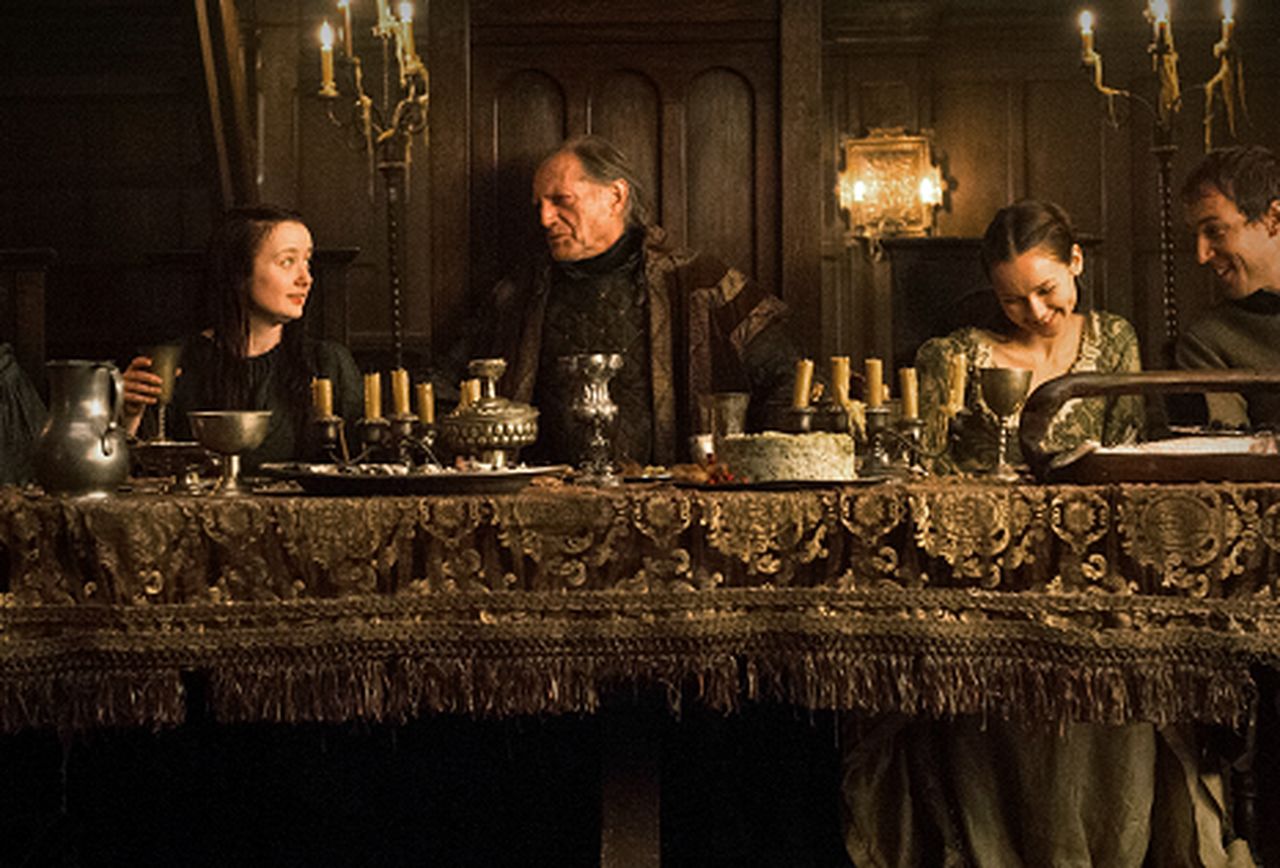
The tension of the wedding event is palpable; how did you approach shooting that scene?
It was an extremely specific and detail-oriented approach, as you might imagine, that saw us shoot for five full days in that big room. It was supremely important to me, though, that, despite the scale of what we were doing and all the various elements that were involved, we focus, primarily, on the emotional countenance of the characters. In other words, the faces. I mean, if we didn't get that and the accompanying emotions that were swirling around there we didn't have anything.
What’s the mood like on set when many of what were considered main characters, are killed off and those actors know they’re shooting their last scenes for the show?
Very bittersweet and emotional. But also totally professional. These are some of the best actors in the world, you understand, and although they loved their characters it's not as if they're the last roles they'll ever play. Far from it! I can tell you, though, that each one of the "actors that were killed" is going to miss Game of Thrones tremendously. It's a career highlight for all of them.
Would Game of Thrones have been produced back in the 1990's? The 1980's? Ever? The answer is no, and the reason is that television, today, is so much more vital to the zeitgeist.
That scene and that episode was shocking because of its suddenness and its unexpectedness; at what point, if at all, can you tell that you’ve achieved the tone and feel you were aiming for?
I was confident that we'd shot the sequence with the utmost level of effectiveness, but it wasn't until I heard that music - which was played on set, and which was then laid in, with such an eerie tone, in post-production - that I realised the power of the growing dread of the sequence.
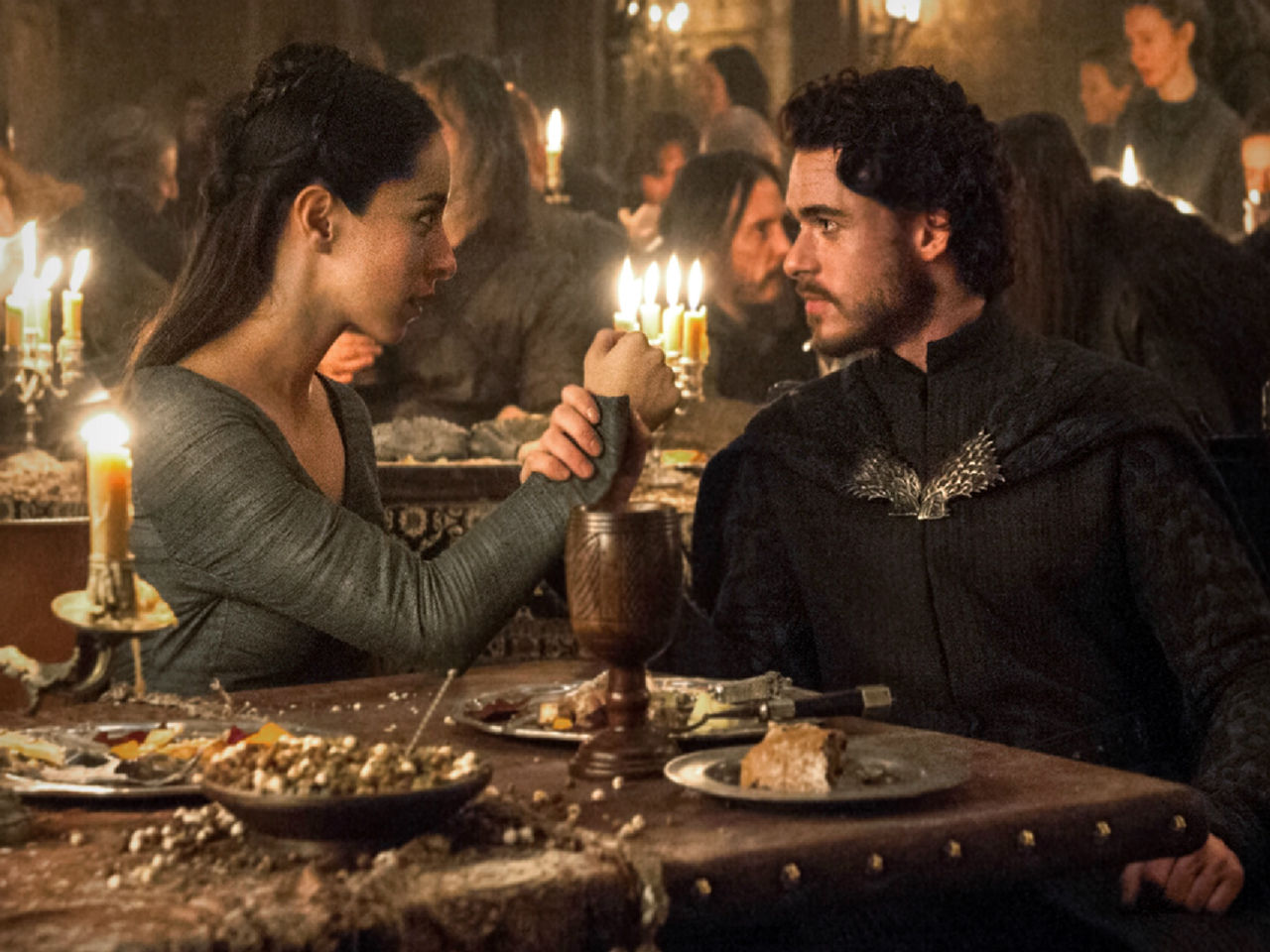
How long does it take, on average, to shoot an episode of Game of Thrones?
How I measure it is that for Season 2, I was in Ireland, Croatia and Iceland for three and a half months. For Season 3, I was in Ireland, Croatia and Morocco for four months. The shoot days and prep days are a blur.
You’ve worked on some incredibly successful TV series over the years, but would you agree with the prevailing thinking that we’re in a Golden Age of television drama?
There is no question about it. Consider this: Would Game of Thrones have been produced back in the 1990's? The 1980's? Ever? The answer is no, and the reason is that television, today, is so much more vital to the zeitgeist. It has completely usurped the world of movies in terms of cultural influence - which was not the case, at all, throughout the 20th century - and is only becoming more and more ambitious in its scope.
How does working in commercials compare with directing TV?
The thing I love about commercials is the ability to get it EXACTLY right. In episodic television, even with a terrifically well-produced show like Game of Thrones, you're always racing the light, trying to get one more take, attempting (sometimes in vain) to produce the perfect visual or emotional effect.
It's so tough to do sometimes, because of the parameters of the schedule. But the scope of commercials is so much smaller, by design, and that makes it so much more realistic to achieve one's precise vision of what it should look like at the end of the day. With the lean towards branded content over the traditional spot, agencies and brands are happy to work in a more collaborative way with drama directors like me, some who have shot a few commercials, many who have shot none, but all are known to have the ability to ‘hook’ an audience and be part of creating a project for a brand that entertains and pulls the consumer into the drama and gameplay earning loyalty to the brand.
It is about to become one of the most exciting opportunities for directors schooled in storytelling like me. Some of the recent online interactive projects I have seen from the Great Guns team are insanely complex and ambitious yet totally intuitive for the user. These projects' stats are showing stunning engagement and retention rates and in the case of one project I believe it is possible to play nearly 100,000 different permutations of the film. It's the future of the film industry and it’s fascinating to watch it unfold.
You have also directed the finale of Season Three; can we expect more twists and turns?
You'd better believe it! Stay tuned and see for yourself!
What are you working on next?
I am directing an episode of Homeland, which is, of course, a show produced for Showtime by my old X-Files comrades Alex Gansa and Howard Gordon.
)
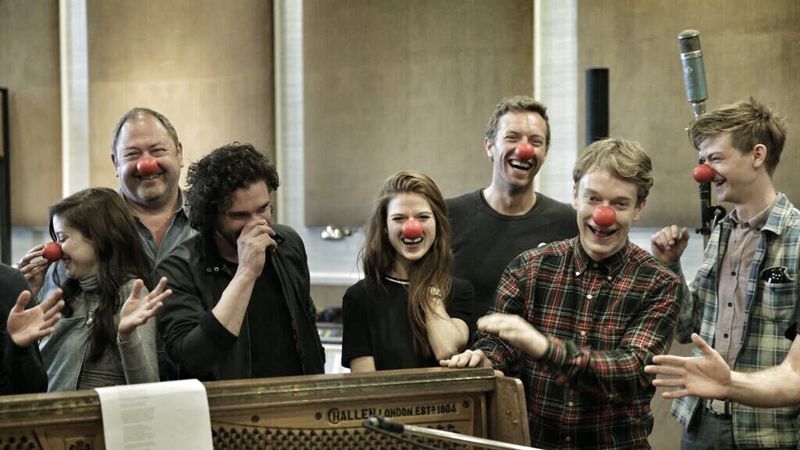
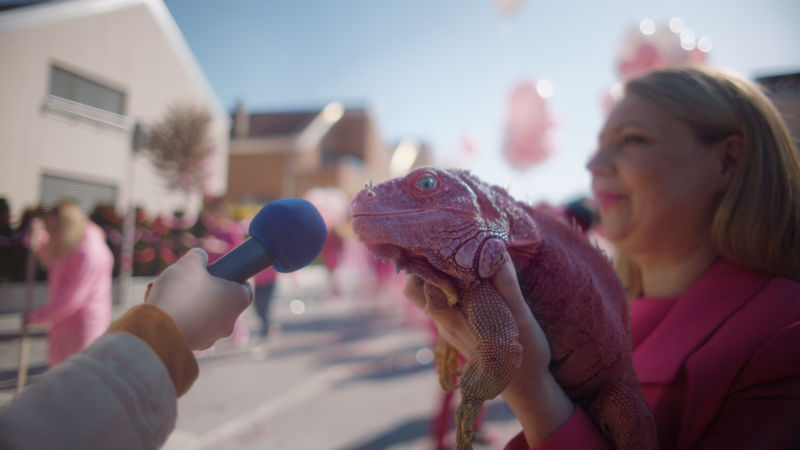


 + membership
+ membership

